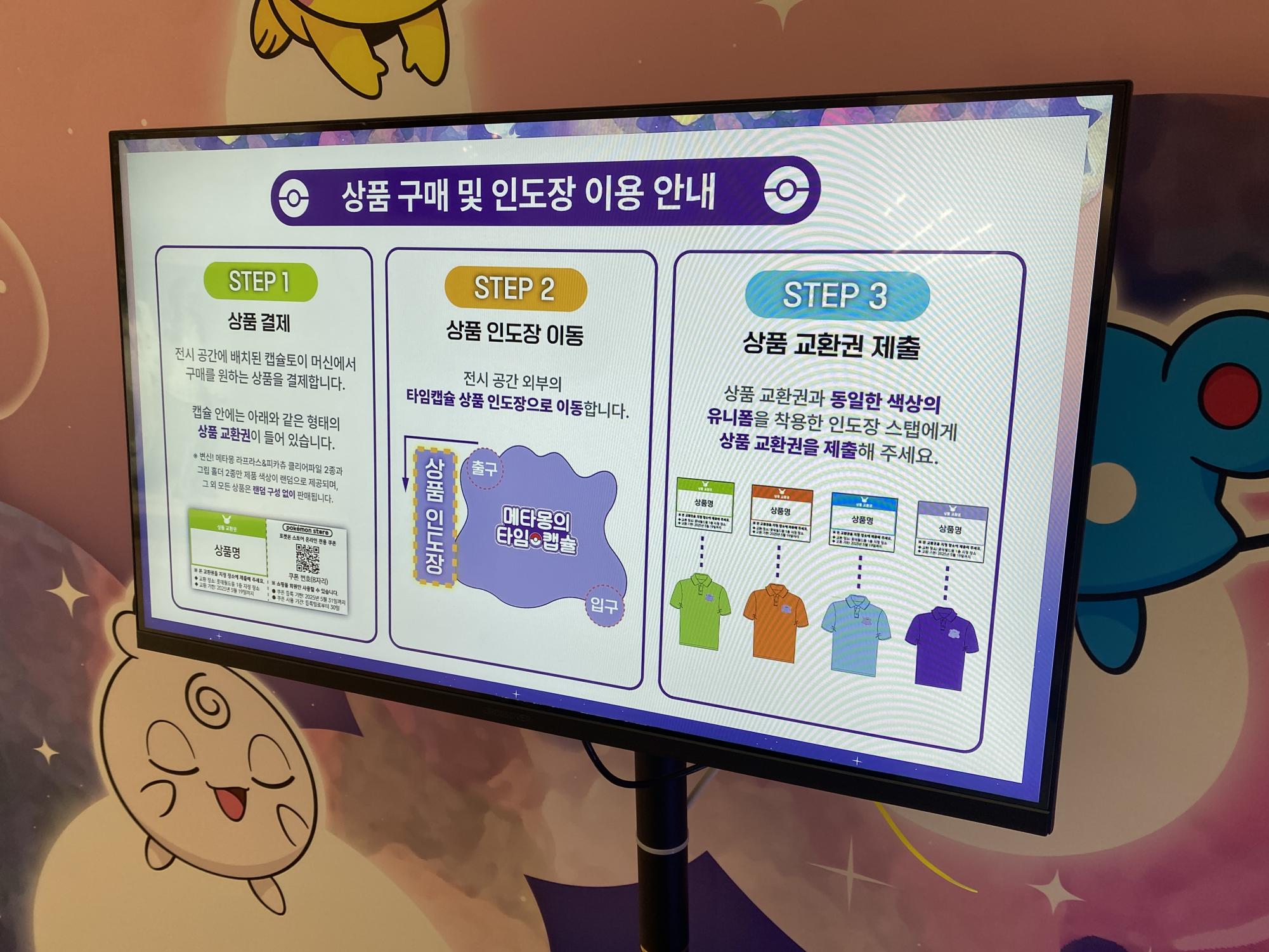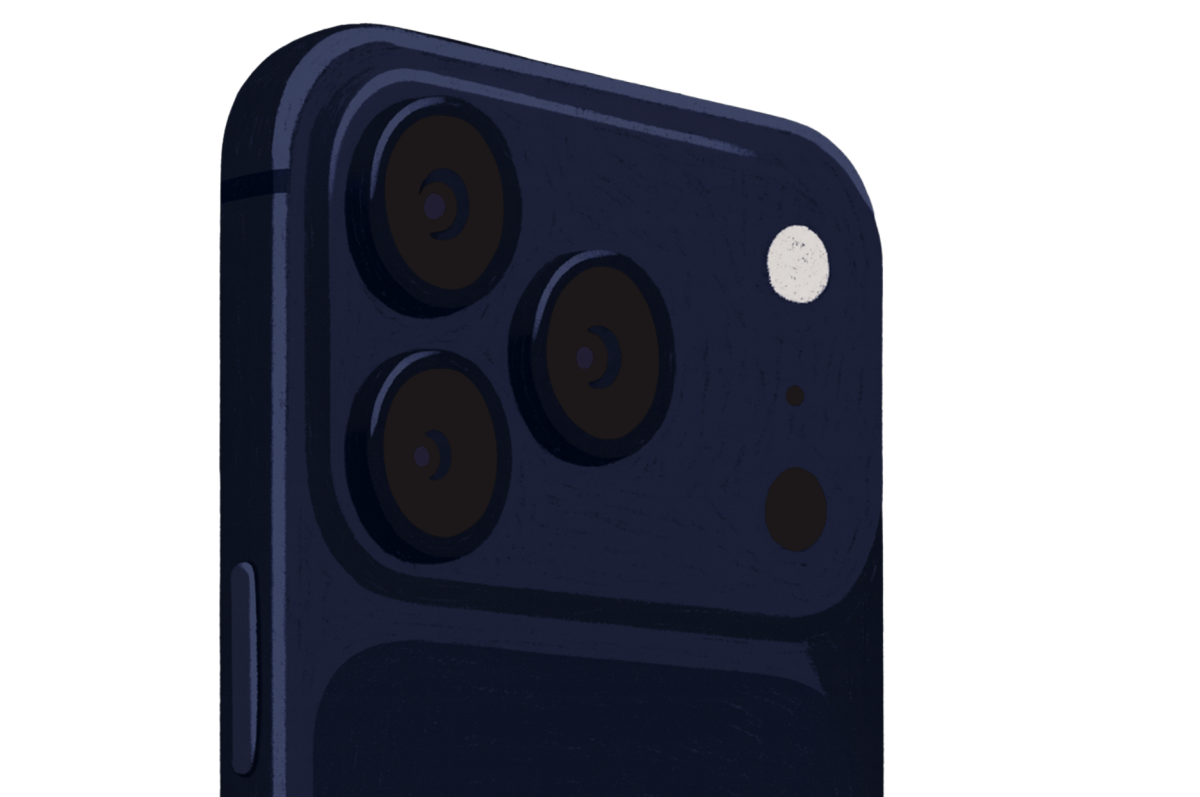
From early in the morning, crowds of fatigued figures lined the streets of Seoul, desperate to secure the limited-edition Pokémon merchandise. From April 25 to May 18, a pop-up store themed around the popular character Ditto attracted an unmanageable number of customers. Unfortunately, poor management made way for “reseller” frenzies and extensive wait times.
In Korea, the franchise recently saw a steep increase in traction and shifted from a “dead genre” to a trendy one. “It’s kind of become a ‘cool thing’ now, whereas for years, it was kind of weird for me to like Pokémon. Now, everyone likes Pokémon,” said Megan Kavanagh, a fan of 29 years, attending from Gwangju.
Statistically, the event succeeded – all limited merchandise sold out in hours, and even the more easily accessible items enchanted the customers. “I spent nearly 200,000 won,” said Jonathan Ong, an enthusiast for 15 years. 200,000 won equates to about 8 large plushies or 33 keychains.

Although the game series boasts a large and loyal customer base, the shop experience came with disappointments, mainly due to poor management.
Demand often exceeded supply because of the small scale and limited stock. As a result, many shoppers felt compelled to arrive early just to secure entry as soon as possible. “I had to wait almost three hours the first time I came here,” Ong said.

The company’s management system also failed to address the most common issue: resellers. “I think the main issue is that people are trying to buy just to resell. People turn up with a carrier or a camp chair – it’s a bit too much,” Kavanagh said. This forces genuine enthusiasts to shell out inflated prices or give up entirely.
For instance, fans can only purchase the high-demand Lapras keychain through secondhand markets, where the resellers put it up for 130,000 won, more than four times the normal price. “The high prices – I like the merchandise, but I’m not that desperate,” Kavanagh said.
Even preventative measures proved insufficient. Pokémon Korea introduced limits to the number of goods an individual can purchase, yet such methods failed mainly due to the low supply of 200 per day. “I wanted the Lapras, but that one was limited. I tried to see if they had it, but I think they were already out.” Ong said.

The workers also mostly lacked English communication skills, and at one point, I actively translated for some foreign visitors. Although the non-Korean speakers received aid from others and the technology, the company seemed wholly apathetic to the issue. “Just as an English speaker, maybe a bit more English would help.” Rogan Dearmas, a fan for approximately 16 years, said.
Even with the linguistic gap, those afflicted navigated their way through with their love for Pokémon. “It’s definitely the language barrier, but I could work my way out.” Ong said.
Aside from the verbal aspect, some complex instructions consisted only of Korean text. Even though the company held the event solely in Korea, given the popularity of the franchise and the number of global fans, it seemed illogical for the shop to operate under such an unfriendly system for those unfamiliar with the language.
Pokémon Korea largely neglected customer satisfaction in pursuit of profit. Despite this, from an optimistic standpoint, the company could address its shortcomings and improve on them for similar events in the future, especially with the loyalty the fans show for the series and the positive ratings the store receives. Ong said, “I’m a Pokémon fan, so I’m crazy for everything here. I’d give an 8 out of 10.”




















































Sophia • May 29, 2025 at 7:32 pm
Awh. It must be hard if you’ve been waiting in long for such a long time for most things to be out of stock. It also must’ve been annoying that the resellers were selling it for an incredible amount of money.